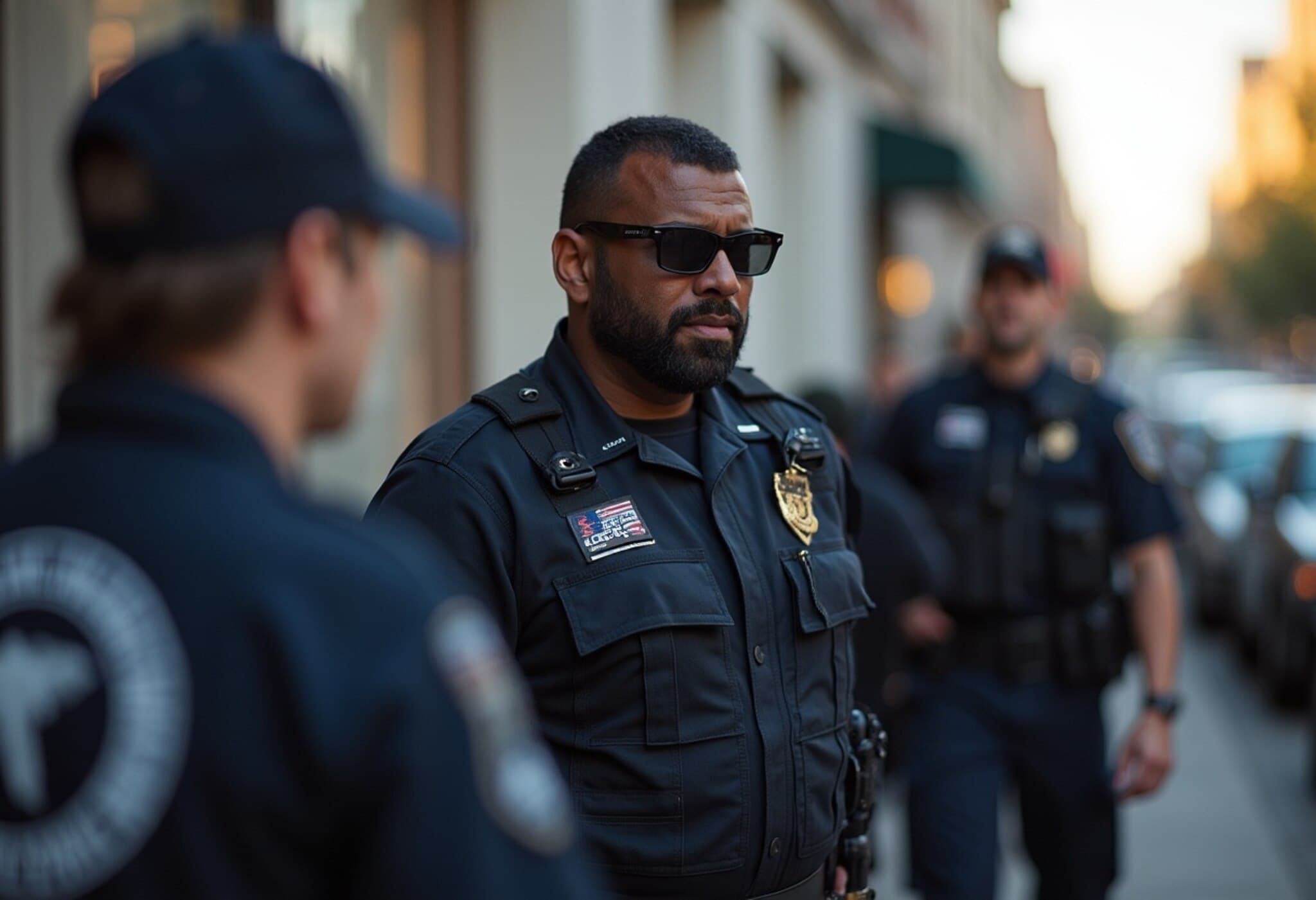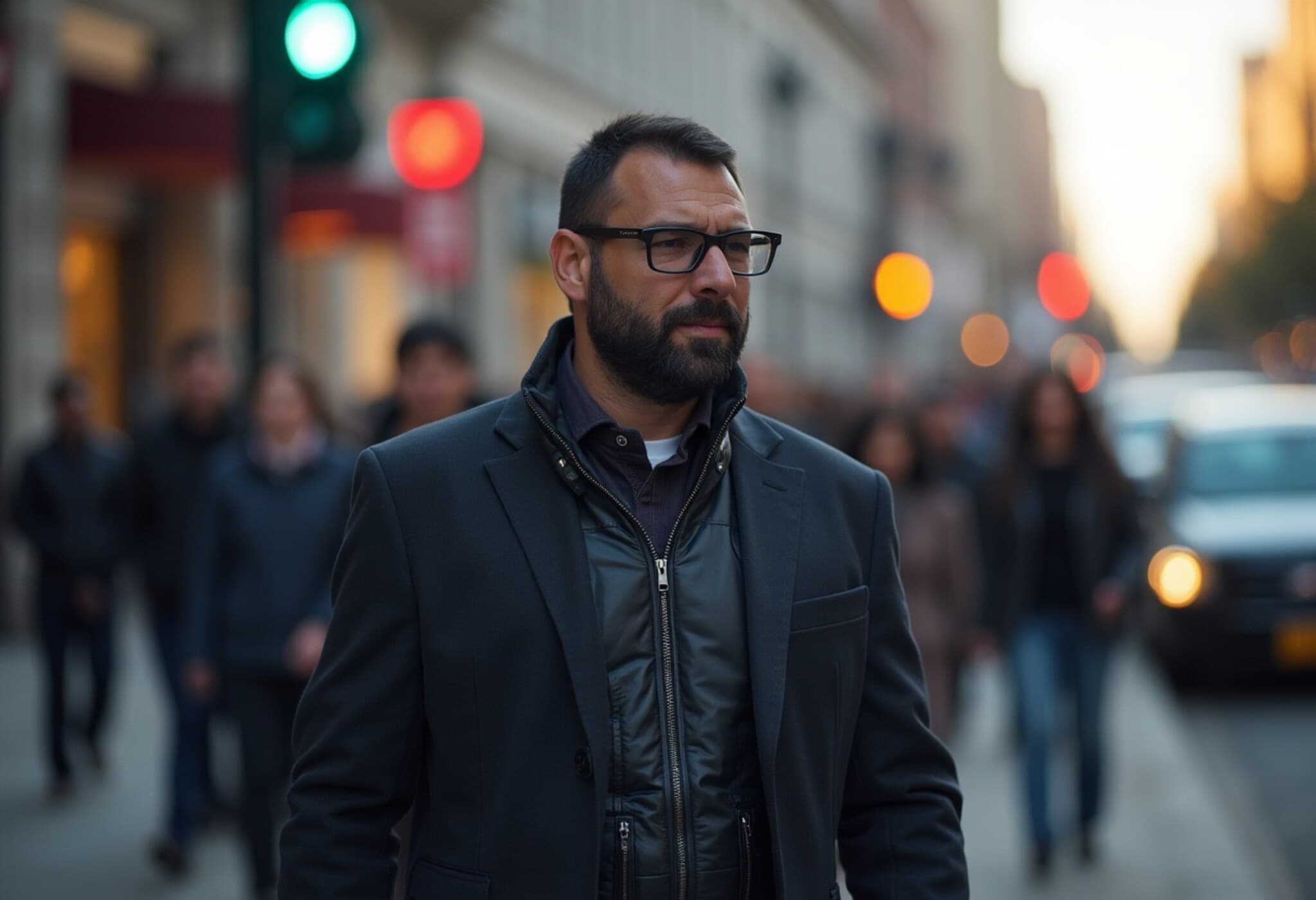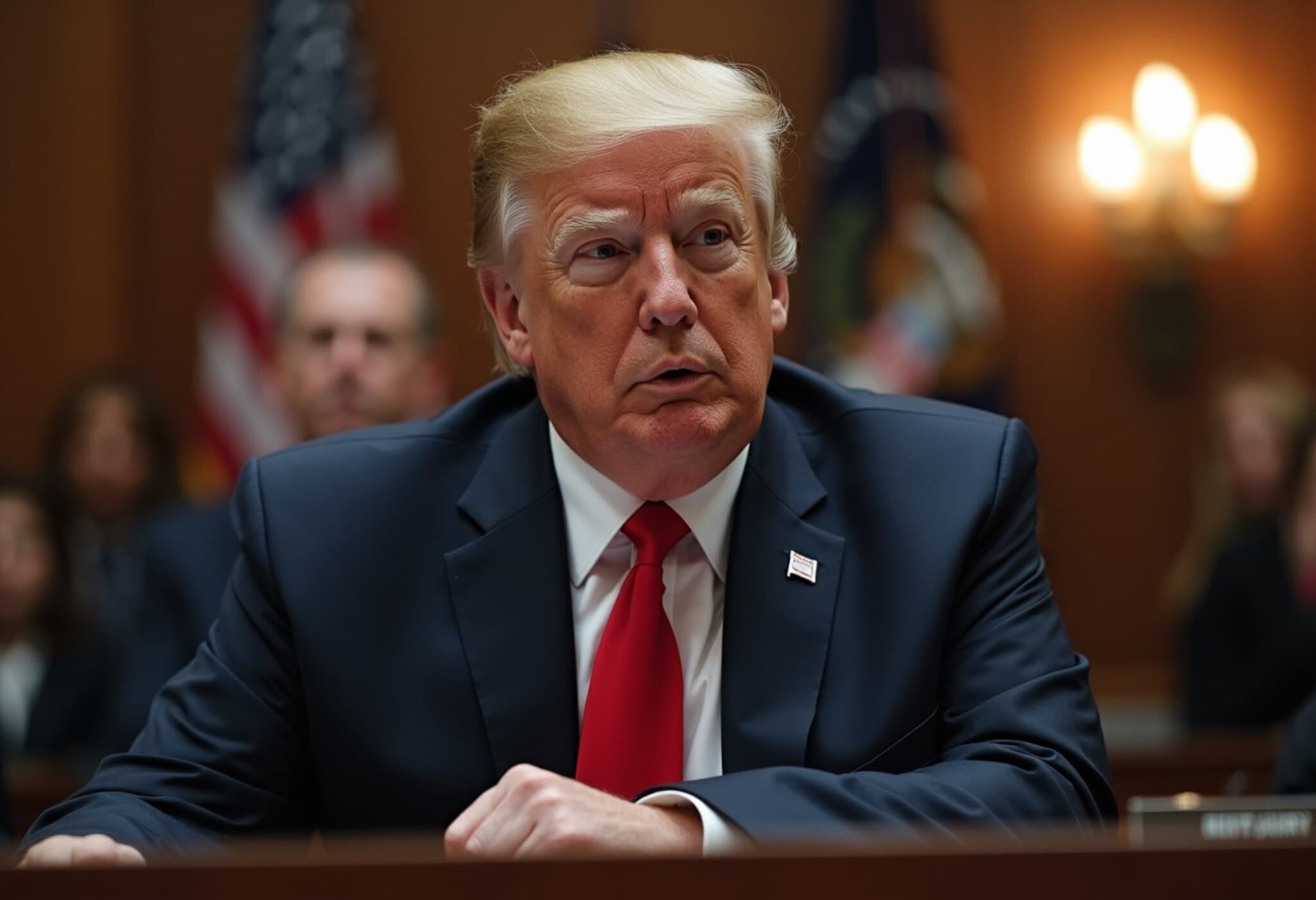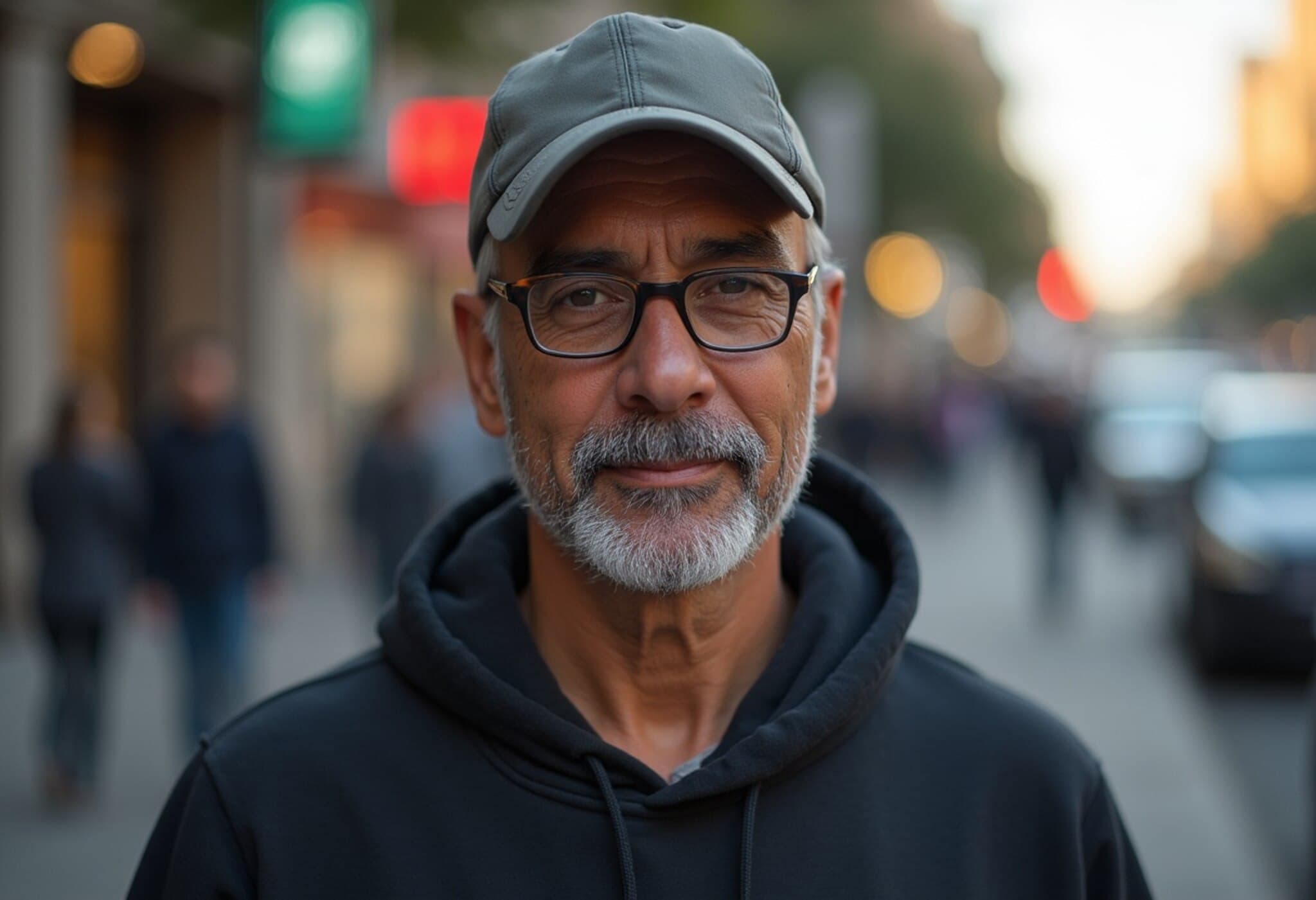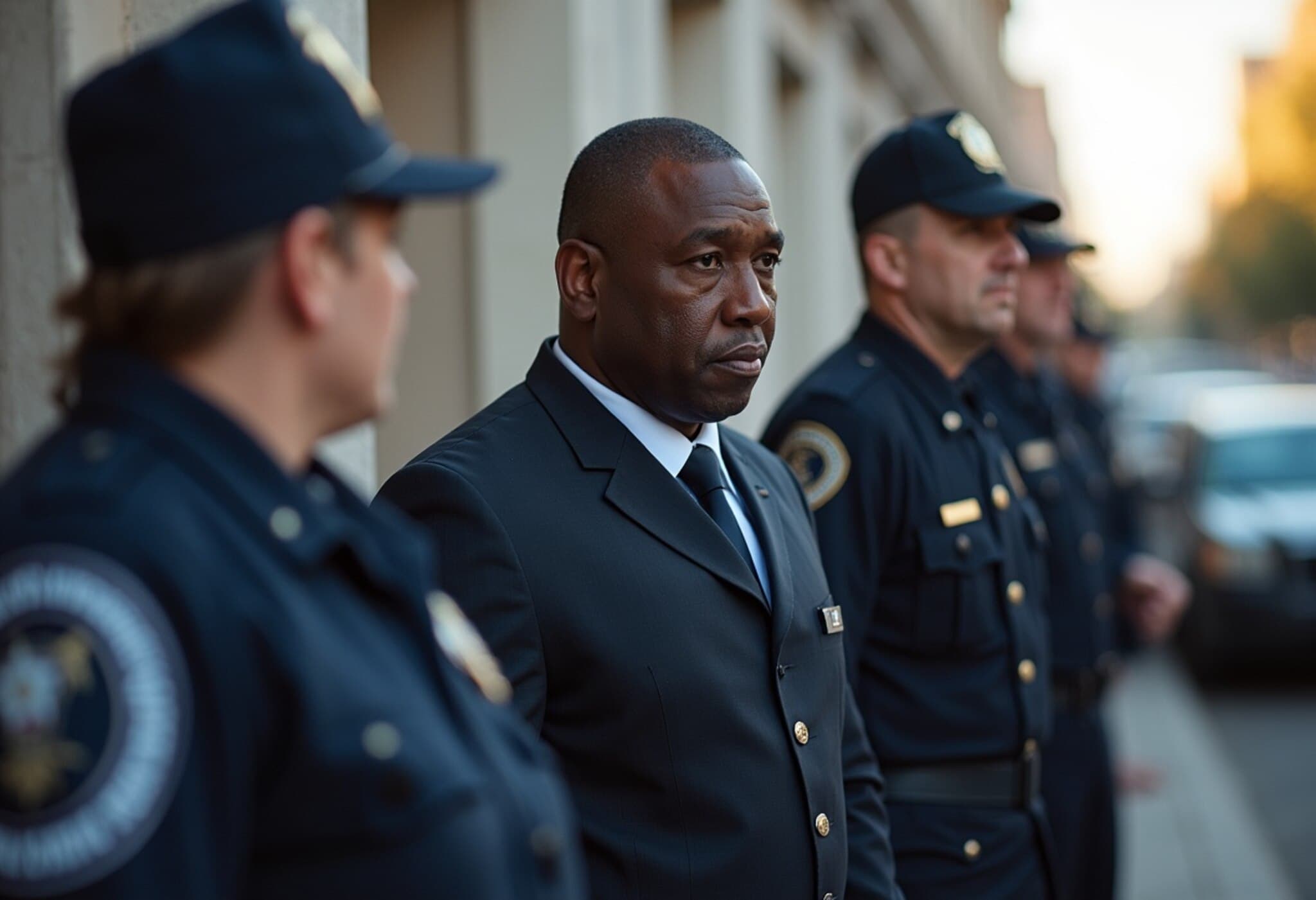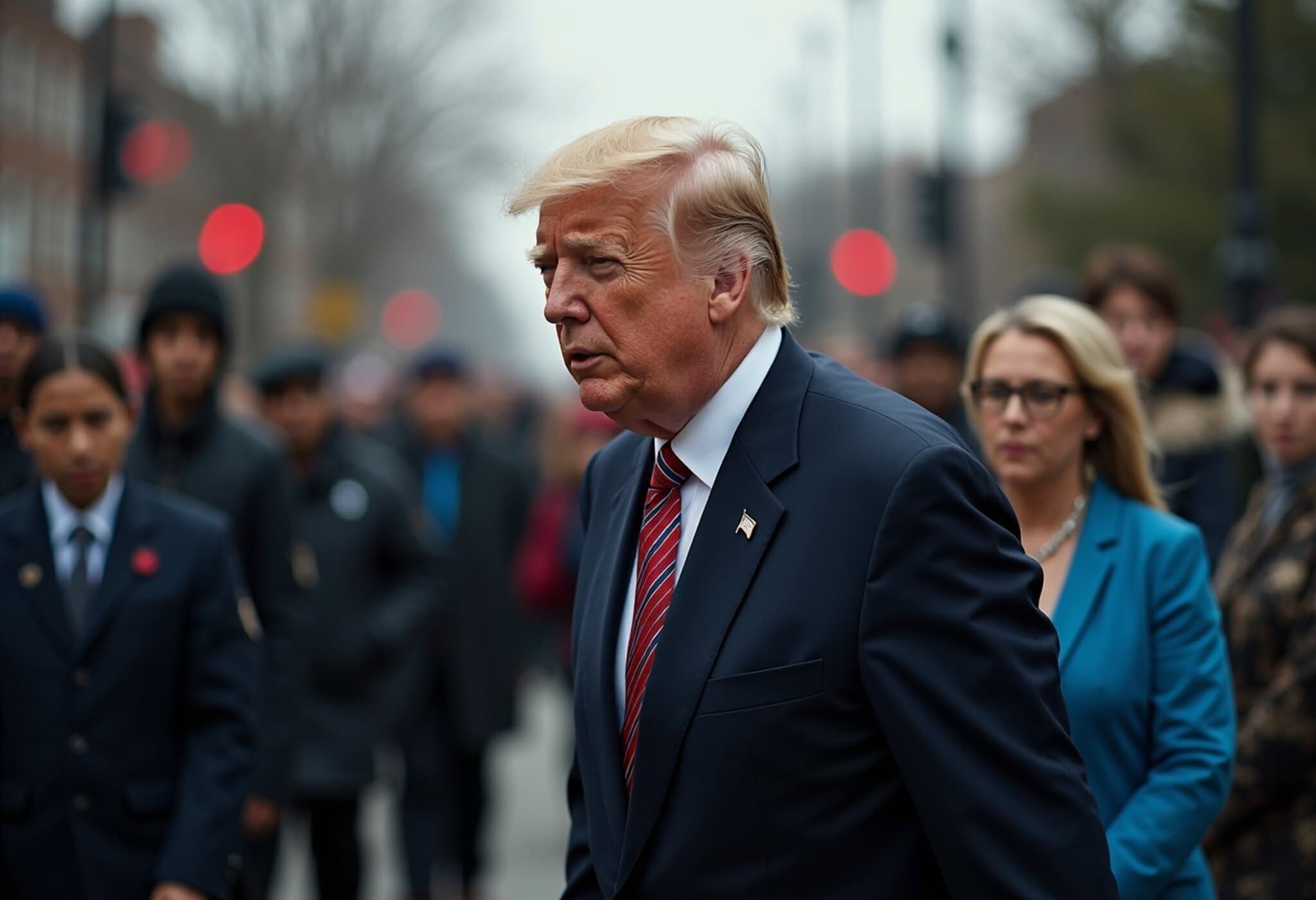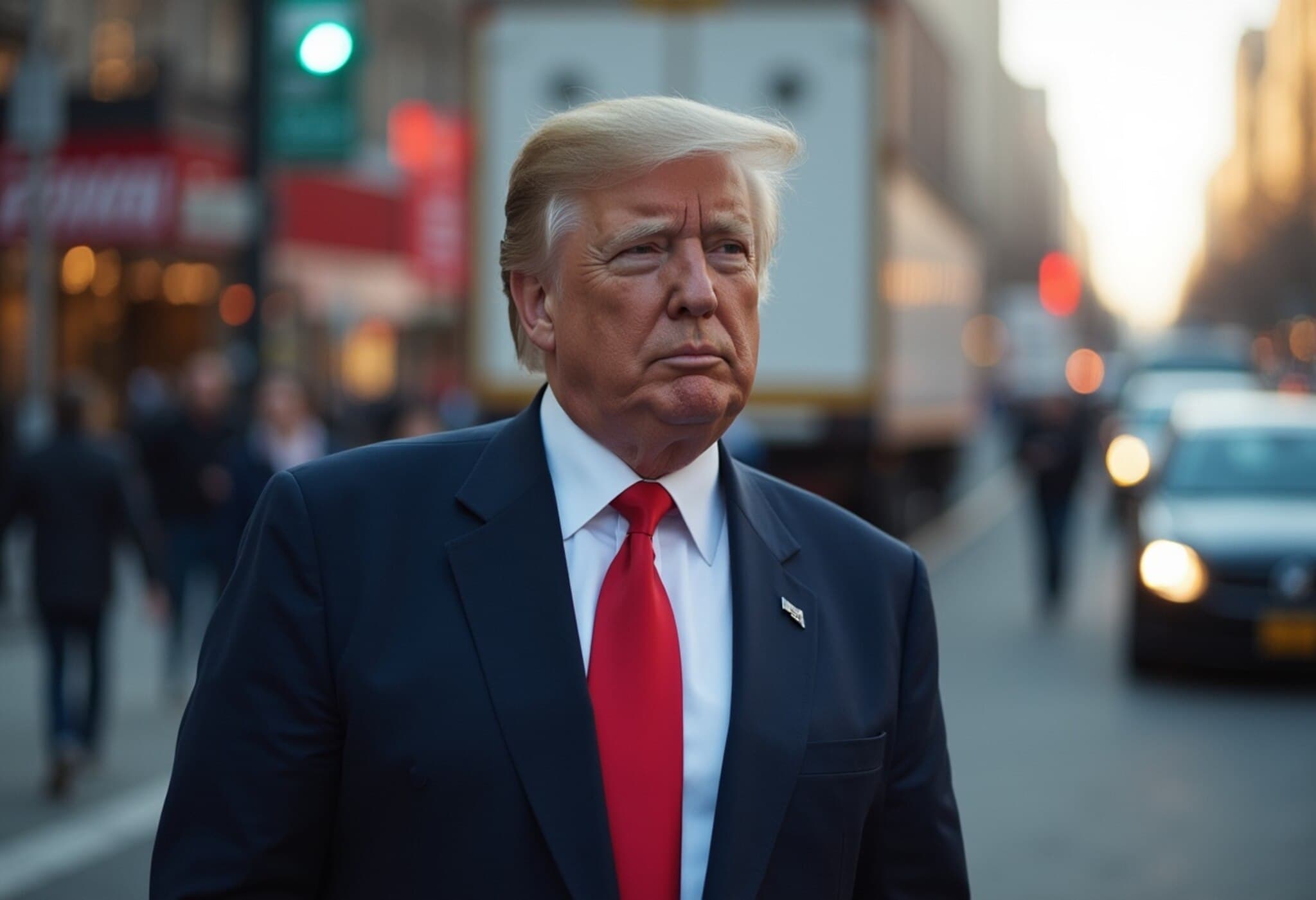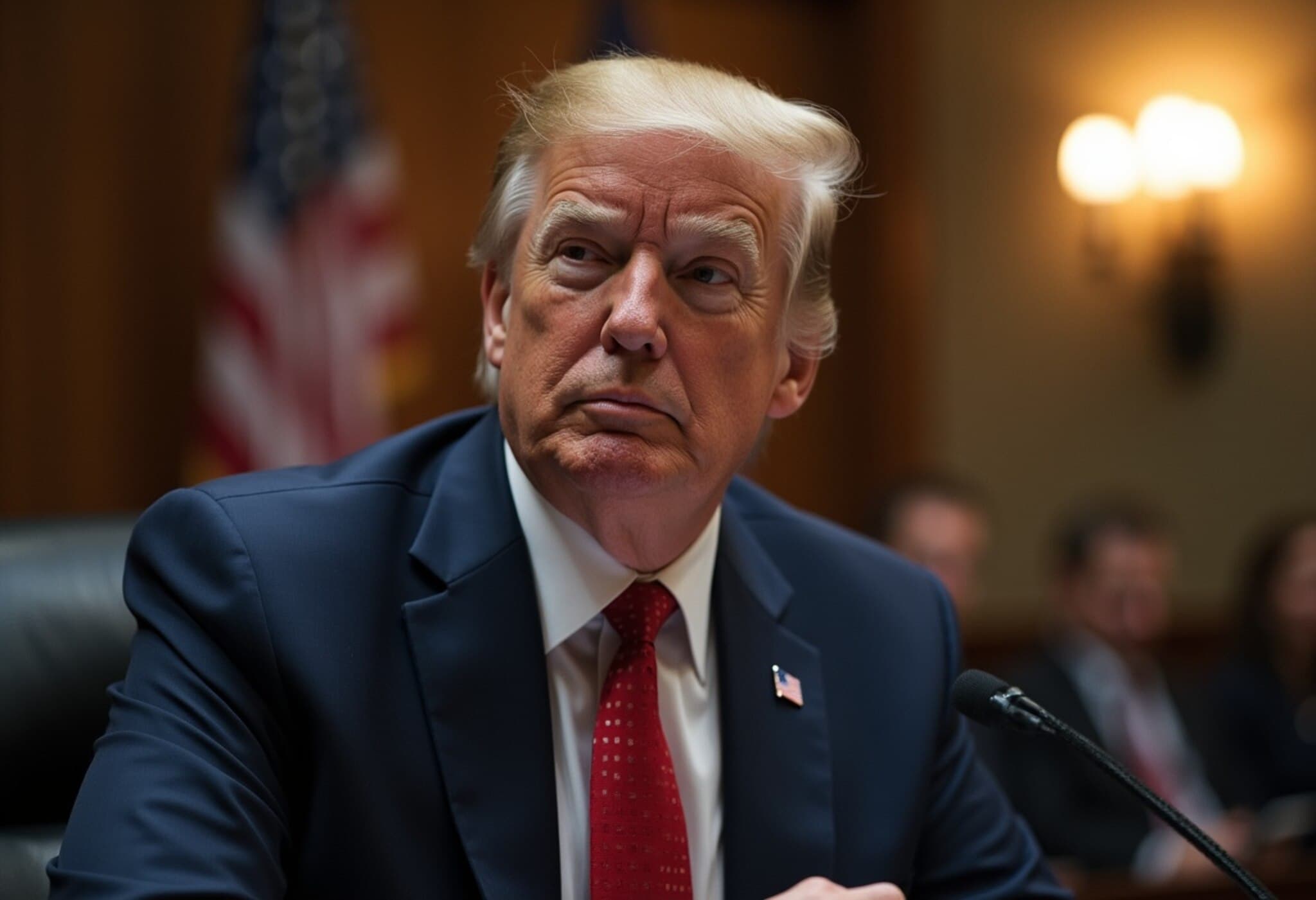Federal Judge Halts Indiscriminate Immigration Arrests in California
In a decisive ruling on July 11, 2025, a U.S. federal judge ordered the Trump administration to immediately cease indiscriminate immigration stops and arrests across seven California counties, including Los Angeles. The order arises amid mounting legal challenges accusing federal agents of racially profiling Latino communities during intensified immigration enforcement operations.
Background: Lawsuit Targets Alleged Racial Profiling and Unconstitutional Tactics
Immigrant advocacy organizations filed a lawsuit last week asserting that President Trump's intensified crackdowns in Southern California have disproportionately and unfairly targeted individuals based on their skin color and appearance. Plaintiffs include three detained immigrants and two U.S. citizens; notably, one citizen was detained despite presenting valid identification, spotlighting concerns over profiling and due process violations.
The lawsuit, filed in U.S. District Court, alleges that immigration agents carried out warrantless arrests, racially motivated stops, and denied detainees access to legal representation, particularly at a Los Angeles detention center known as 'B-18.'
Government Response and Judicial Findings
Tricia McLaughlin, Assistant Secretary of the U.S. Department of Homeland Security, vehemently denied the allegations, calling claims of racial targeting "disgusting and categorically false." She maintained that enforcement efforts are precise, with officers conducting careful, targeted investigations before making arrests.
However, Judge Maame E. Frimpong’s emergency order — a temporary but significant measure — directly counters the administration’s claims. The judge cited a "mountain of evidence" demonstrating violations of the Fourth and Fifth Amendments, which protect citizens from unreasonable searches and seizures and guarantee due process.
Impacted Communities: Fear, Tensions, and Protests
Since the raids escalated, immigrant and Latino communities across Southern California have been gripped by fear and unrest. Arrests have occurred in everyday settings such as car washes, parking lots, and even immigration courts, sparking widespread protests. Thousands have rallied to demand accountability and respect for constitutional rights.
The order also extends to Ventura County, where confrontations between federal agents and protesters erupted after large-scale detention of workers. Multiple injuries and heightened tensions followed busloads of arrests executed during the ongoing litigation.
Allegations of Racially Biased Arrest Quotas
The American Civil Liberties Union (ACLU) asserts that these enforcement operations are propelled by "arbitrary arrest quotas" and racial stereotypes. Court documents reveal immigrants were frequently detained solely because they were Latino and donned typical working-class clothing. Witnesses recount agents rounding up everyone who "looked Hispanic" in retail environments and swap meets.
Mohammad Tajsar, an ACLU attorney, highlighted a chilling case of a U.S. citizen, Brian Gavidia, who was reportedly physically assaulted while working at a tow yard because of his ethnicity. Tajsar questioned why white workers at a car wash were spared detention, challenging the government’s denial of racial motives.
On the government side, attorney Sean Skedzielewski emphasized that racial appearance factors were considered only as part of broader investigative context, including field surveillance and prior interactions. He reiterated that Homeland Security policies uphold Fourth Amendment protections.
Ensuring Legal Access: Opening Detention Centers to Attorneys
Beyond stopping racial profiling, Judge Frimpong’s order mandates that the controversial B-18 detention center in downtown Los Angeles must allow attorney access seven days a week and guarantee detainees confidential phone communications with their lawyers.
Immigrant rights lawyers have documented repeated denials of legal visits, even during peaceful days, undermining detainees’ rights to counsel. Attys. reported instances where agents used tactics such as honking horns and deploying chemical irritants to drown out advocates asserting detainees’ rights.
Mark Rosenbaum, a lead attorney, described harsh detention conditions at B-18, including inadequate food and sleeping arrangements, which pressure detainees into signing deportation documents without proper legal advice.
Broader Legal and Political Context
- The judge’s ruling aligns with prior injunctions, such as an April order barring warrantless arrests by Customs and Border Protection agents across parts of eastern California.
- Legal briefs supporting the latest injunction came from attorneys general in 18 Democratic-led states, underscoring the national significance of the case.
- The decision raises critical constitutional questions about racial profiling, civil liberties, and immigration enforcement strategies.
Expert Analysis: Navigating Civil Rights and Immigration Enforcement
The litigation highlights an enduring tension in American immigration policy: safeguarding national security while protecting constitutional rights. From a legal perspective, the Fourth and Fifth Amendments provide robust guardrails against unduly invasive government actions. Racial profiling, especially in communities with deep immigrant roots, threatens the social fabric and fuels mistrust between law enforcement and residents.
Economic implications also ripple across sectors reliant on immigrant labor—from construction to service industries. Indiscriminate raids risk destabilizing regional economies and exacerbate workforce shortages.
This case exemplifies how enforcement quotas and blanket crackdowns may sacrifice precision and fairness, triggering backlash and judicial intervention. It also spotlights the critical role of access to legal counsel in ensuring justice and preventing coercion.
What Lies Ahead?
The court’s emergency order provides a breathing space for advocacy groups to press their case and for policymakers to reconsider enforcement strategies that disproportionately affect minorities.
As the lawsuit proceeds, the core issues of racial equity, civil rights, and federal immigration authority will continue to shape public discourse and legal precedents.
Editor's Note
The federal judge's injunction represents more than just a temporary halt to controversial immigration raids—it underscores the necessity of upholding constitutional protections amid politically charged enforcement climates. This case presses critical questions about the limits of governmental power: How can America balance border security with the rights of all residents? Will law enforcement practices evolve to avoid systemic bias? And importantly, how do these decisions resonate with immigrant communities’ trust in justice and fairness?
As this evolving story unfolds, vigilant awareness and informed civic engagement will be essential to ensure that legal principles and human dignity remain at the heart of immigration policy.

